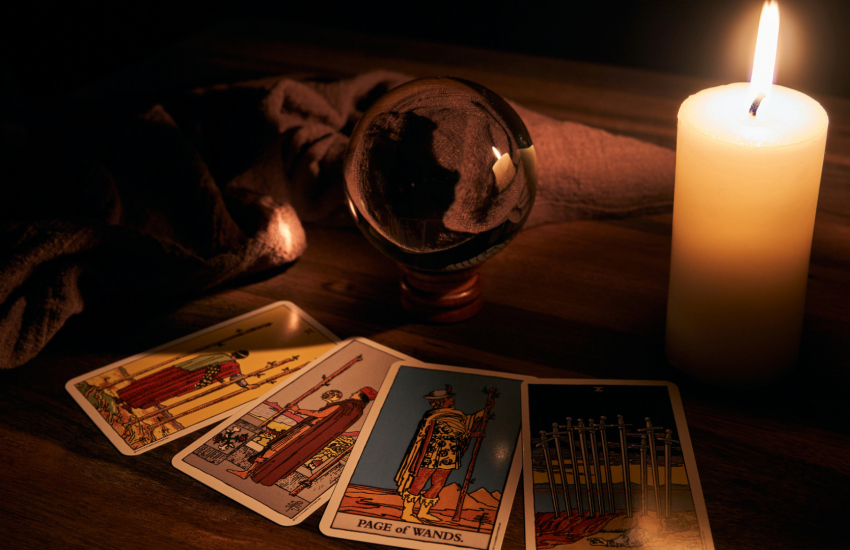Judgement & Mercy
8th Sunday of Ordinary Time
In last Sunday’s gospel, Jesus told us not to judge others. “Stop judging,” he said, “and you will not be judged. Stop condemning and you will not be condemned” (Lk 6:37).
Yet the scriptures call on us to make judgments. In today’s first reading from Sirach we read about our faults being revealed and of being tested by tribulation. How can we discern our faults without making a judgement? How can we know whether we have passed the test? We have to make judgments in order to know whether something is a virtue or a vice, a strength or a weakness.
In today’s gospel reading, Jesus speaks of trees that bear good fruit or rotten fruit. As a tree is known by its fruit, so it is with us. If we do good we will bear good fruit. If we do evil we will bear evil frit. This means we have to judge between good and evil. But how can we do this if Jesus commands us not to judge?
We must understand that there are different kinds of judgment. Judgment is a function of a rational mind. We make judgments all the time. If we decide to buy this car instead of that car, it is because we have made a judgment that this car is more reliable or more affordable. When we decide to attend one university over another, it is because we have made a judgment that this is the best choice for our education, our future and our livelihood.
To make a judgment is to make a choice. We cannot avoid making choices because we are creatures with rational intellect and free will. The most important choices require us to make a judgment between right and wrong; good and evil. The consequences of these choices can mean the difference between heaven and hell, so it is very important that we judge rightly in these matters.
When Jesus tells us not to judge, he is not telling us not to make moral judgments. He also tells us to obey God’s commands, and that requires us to make moral judgments. We are called to judge whether this or that thing we want to do is in conformity with God’s law.
What Jesus tells us not to judge is one another. Jesus commands us to judge actions. But Jesus forbids us to judge people.
In today’s gospel, Jesus asks, “Why do you notice the splinter in your brother’s eye, but do not perceive the wooden beam in your own?” (Lk 6:41). The splinter in your brother’s eye is sin. We all have sin! How can we condemn someone for their sin when we are also guilty of sin? When we judge another person, we put ourselves in the position of God. This is not our place.
Instead, Jesus tells us to pay attention to the wooden beam in our own eye. He wants us to use our judgment to recognize the sinfulness of our own behavior. Sin blinds us to reality! Jesus wants us to remove the beam from our eye, so that we can see clearly. And only then can we help our brother remove the splinter from his eye.
This is because once we see clearly, we will not look at our neighbor and see someone who should be condemned. Instead we will see someone made in God’s image, who has been wounded by sin, just as we have been wounded by sin. If we see clearly, we will see someone in need of love and mercy. And we will be able to extend the love and mercy that God has shown us to our brother. If we see clearly, we won’t condemn him for the splinter in his eye. We will help him to remove it.
As we enter into the season of Lent this week, let us use our judgment to examine ourselves before the light of Christ. Let us judge our own actions, examining our lives, our speech, our desires and our attachments. If we judge anything to be contrary to the love and mercy of Christ, let us cast it out. Let us get rid of the beam in our eye that blinds us to the truth.
And then let us be merciful toward others, as God is merciful; not condemning them for the splinters and beams of their sins, but helping them to bear their burdens as Christ bore the burden of our sin for us.



